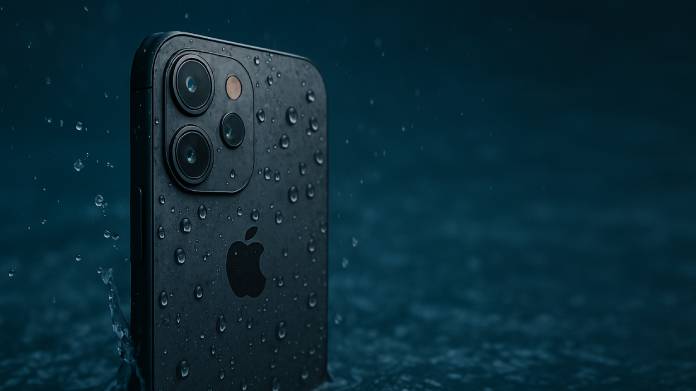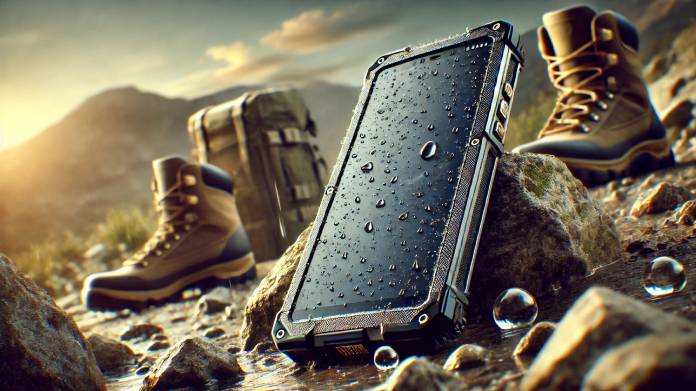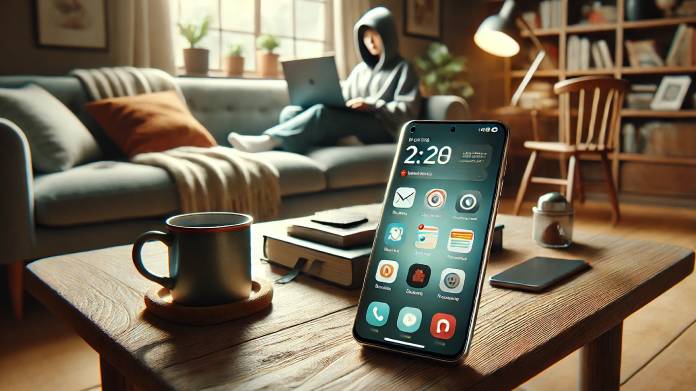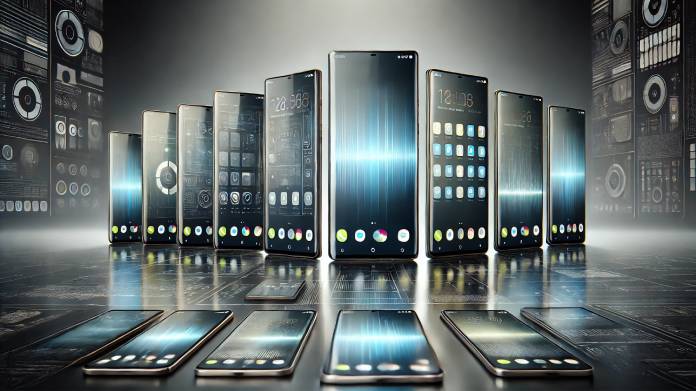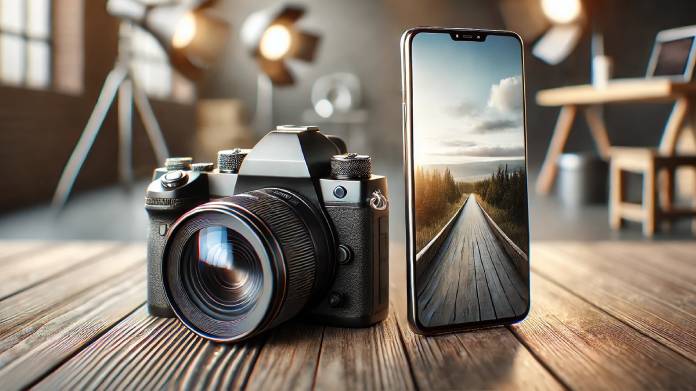
Are Smartphone Cameras as Good as DSLR?
February 9, 2025Once upon a time, the debate between cameras was about Canon vs. Nikon. Now it’s smartphone vs. DSLR, and the battle is heating up faster than your phone on a long video call!
Every new smartphone launch comes with bold claims—“DSLR-like quality!” “Pro-grade zoom!” “Night mode so good, it sees in the dark!” But can a smartphone really go toe-to-toe with a DSLR or mirrorless camera? Or is this just clever marketing wrapped in a shiny glass slab?
Let’s take a deep dive into smartphone vs. digital camera and answer the million-dollar question: Are smartphone cameras better than DSLR?

Convenience vs Creative Control
Smartphones: Always in your pocket, always ready. No need for extra lenses, memory cards, or heavy bags. Just tap, snap, and post! Simple!
DSLRs: More settings than a NASA control panel but with total creative control. You get full manual focus, changeable lenses, and sensors that don’t rely on AI to make photos look stunning.
Our verdict: If you want the easiest way to capture moments, a smartphone wins. But if you’re after that professional edge, a DSLR still takes the cake (and the photo of it).

Image Quality
Modern smartphones use computational photography to enhance images instantly—think multiple shots blended together to make one perfect picture. That’s like taking 10 selfies and only posting the one where you don’t look awkward.
Smartphone cameras: Advanced HDR, AI-powered enhancements, and automatic retouching make photos look polished. However, they still rely on small sensors, which struggle in low light.
DSLR cameras: Larger sensors = better light capture. They handle shadows, highlights, and fine details more naturally. No over-smoothing, no AI guesswork—just pure photography.
Our verdict: In bright daylight, smartphones are nearly as good as DSLR. But when it gets dark, DSLRs (and mirrorless cameras) are still the kings of clarity.

Smartphone Zoom Lens vs DSLR Lenses
Zooming on a smartphone feels like a magic trick—until you realize it’s mostly digital and not optical. That’s like stretching a low-resolution image and hoping no one notices the pixelation.
Smartphone zoom lens: Hybrid zooms (a mix of optical and digital) are improving, with some phones boasting 10x optical zoom. But beyond that? It’s all AI sharpening and wishful thinking.
DSLR & Mirrorless Lenses: Dedicated telephoto lenses bring real, lossless zooming with crisp detail. Need a 200mm zoom? You’ve got it—without losing a single pixel.
Our verdict: If zooming is your thing, DSLR lenses leave smartphones in the dust. But if you just want a decent zoom without carrying a bag of lenses, smartphone zoom lenses are catching up.
Are Smartphone Cameras Mirrorless? (Not Quite)
Mirrorless cameras have been a game-changer in the pro photography world. Unlike DSLRs, they ditch the mirror mechanism for a digital viewfinder, making them lighter and more compact while still offering high-quality optics. Some may ask, “Are smartphone cameras mirrorless?” Technically, yes—smartphones don’t have mirrors—but that doesn’t mean they offer the same quality as a dedicated mirrorless camera.

Final Thoughts
So… Are Smartphone Cameras Better Than DSLR? The answer depends on what you need. If you want a simple camera that fits in your pocket, snaps quick social media-ready shots, and uses AI to compensate for its smaller sensor—smartphones are unbeatable. But if you’re after true image quality, creative control, and professional-grade optics, a DSLR or mirrorless cameraremains king.
For now, smartphones haven’t quite replaced DSLRs, but the gap is closing. Who knows? Maybe one day, the best camera reallywill be the one in your pocket.


